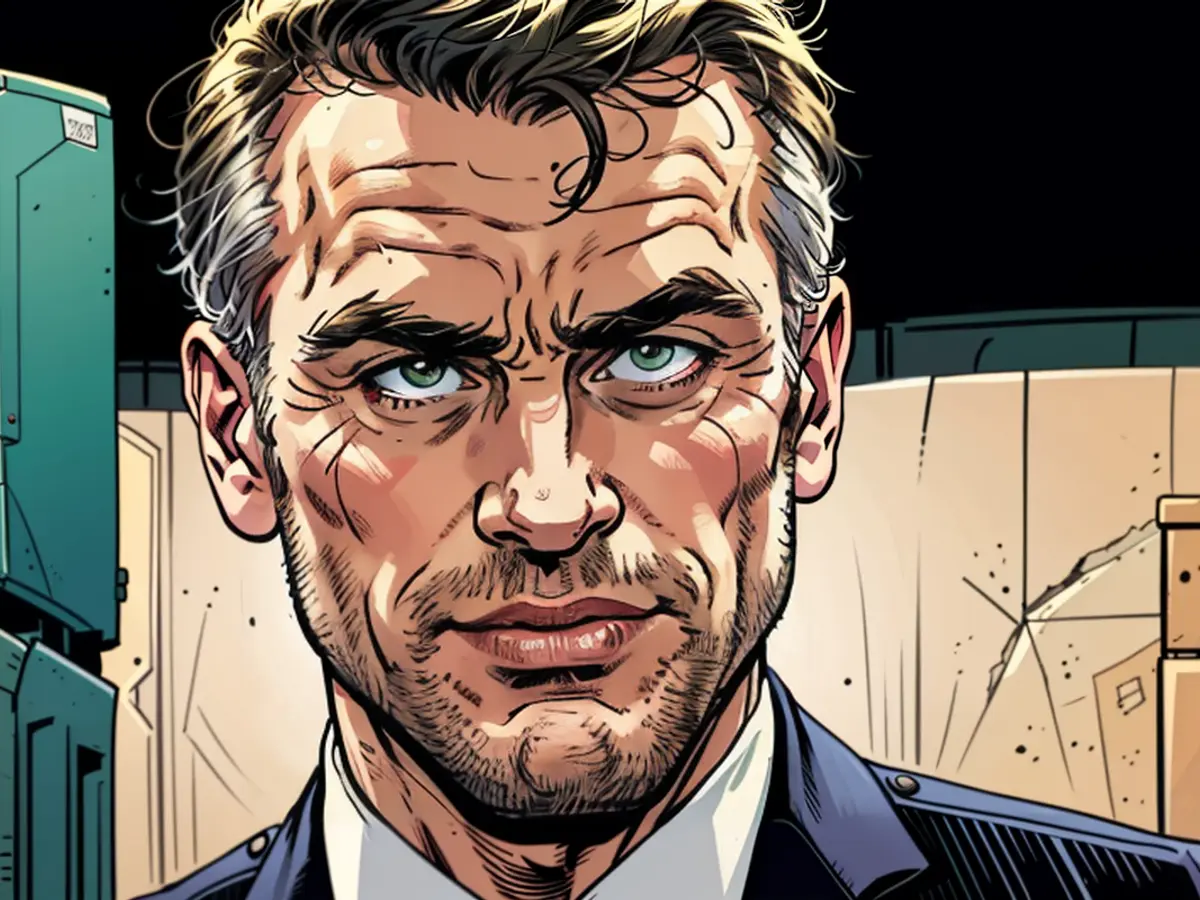Election to the National Assembly - Macron calls on parties to form grand coalition
After the French Parliament election, President Emmanuel Macron called on parties to form a large coalition of all liberal parties. In a letter published in numerous newspapers, Macron expressed the need for sincere dialogue to create a solid and diverse majority for the country.
Macron spoke for the first time about the election results on Tuesday, in which his Center-Lager was defeated. He rejected the call from the victorious Left Bloc to be entrusted with government formation. The new alliance had invited Macron on Tuesday evening to assign the task.
Left Bloc not government-capable
The merger of Greens, Socialists, Communists, and the Left Party was the strongest force but far from an absolute majority. Without further partners, the alliance would not be capable of governing and could be blocked by other political factions.
Macron urged parties to use the shoulder-to-shoulder stance that prevented a victory of the National Rally (RN) of Marine Le Pen, for the formation of a government now. As partners in a large coalition, Macron wished for parties that recognize the institutions of the Republic and are European-oriented. He did not specify whether he excluded the European-skeptical Left Party La France Insoumise.
Since political forces needed some time for the necessary compromise, the previous government would continue to govern in an interim capacity, Macron said. The president did not set a deadline for appointing a new prime minister.
Left Party and Socialists vying for dominance
The parties were still fighting three days after the election over which political camp would form the future government. The Left Bloc was exploring who would be proposed as prime minister in case of government formation. According to France Info, no agreement was reached during a late-night meeting between the Socialists and the Left Party. Both parties are vying for dominance in the Left Bloc.
The Socialists see their party leader Olivier Faure as a suitable candidate. The Left Party spoke in favor of their deputy Clemence Guetté, who had already organized Jean-Luc Mélenchon's presidential campaign in 2022. The Left Bloc had entered the parliamentary election without a designated candidate for the prime minister's position and had announced that it would name a candidate by the end of this or the beginning of the following week.
Considering banding Conservatives or Socialists with Macron's camp?
The right-national RN is already clear in the opposition role. Representatives of other parties and currents within the camps were exploring possibilities of cooperation or coalition to achieve a majority and the possibility of government formation.
According to BFMTV, both the Socialists and the conservative Républicains were testing cooperation possibilities with Macron's Center-Lager. The left wing of the previous government coalition was also considering forming a new political group with former Prime Minister Élisabeth Borne as leader.
- Following the parliamentary election, President Emmanuel Macron advocated for a Grand Coalition of liberal parties in France, which included his own Center-Lager.
- In response to Macron's invitation, the Left Bloc, composed of the Greens, Socialists, Communists, and the Left Party, acknowledged their strength but acknowledged the necessity of finding partners to form a government.
- During Macron's address, he emphasized the importance of partners that recognize the Republic's institutions and are pro-European, hinting at potential exclusions from the Left-wing alliance, such as the European-skeptical Left Party La France Insoumise.
- As the Left Bloc continues to bargain for dominance within the alliance, both the Socialist Party and the Left Party have put forward potential prime minister candidates: Olivier Faure from the Socialists and Clemence Guetté from the Left Party.
- Amidst the political maneuvering, the right-national party, the National Rally, led by Marine Le Pen, remained in opposition, while other parties like the Socialists and conservatives Républicains explored possible collaboration with Macron's center-leaning camp.
- The possibility of a new political group headed by former Prime Minister Élisabeth Borne intertwining with the left wing of the previous government coalition is being weighed, adding another layer of complexity to France's political landscape after the Parliamentary election on Sunday.








